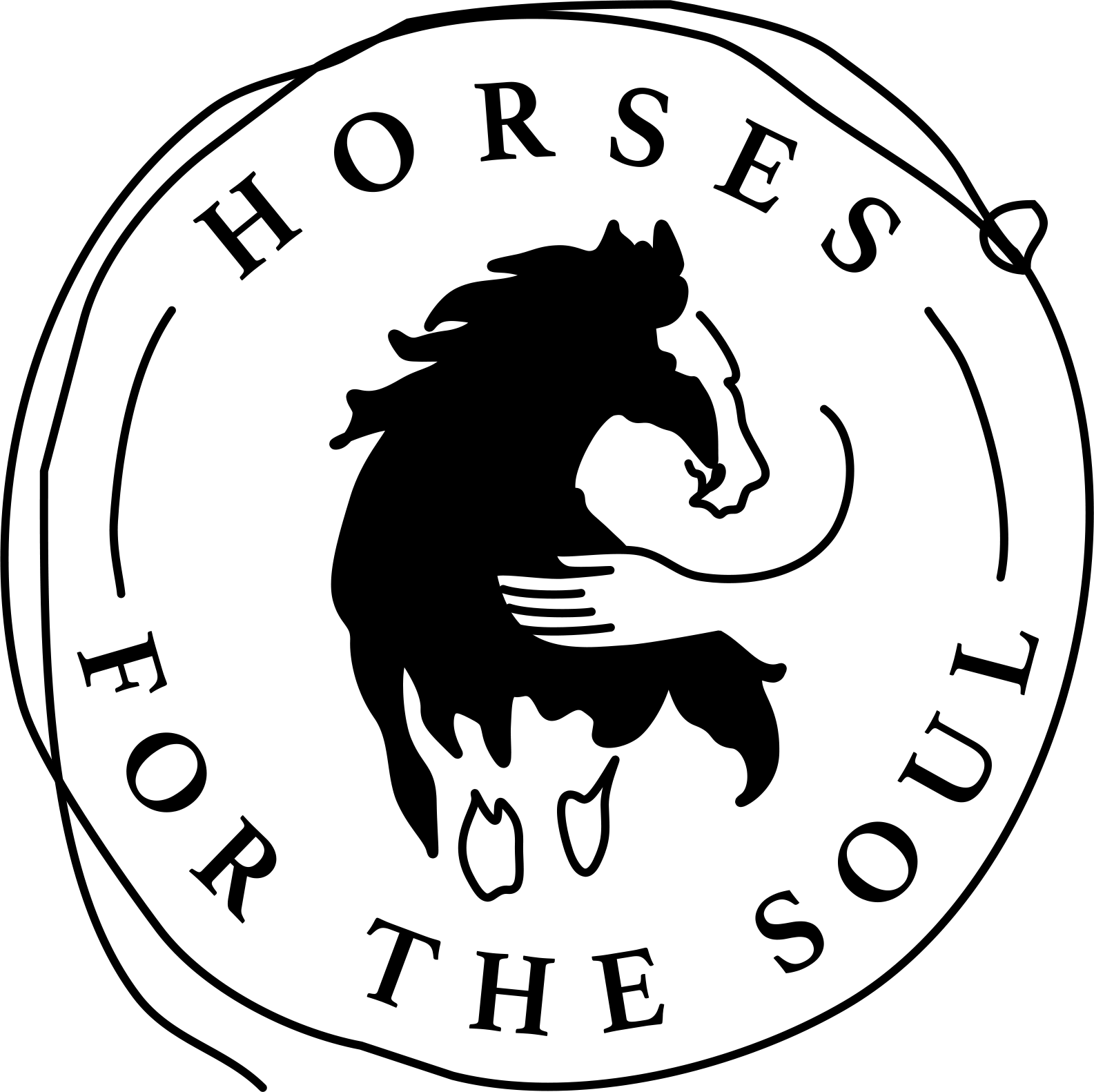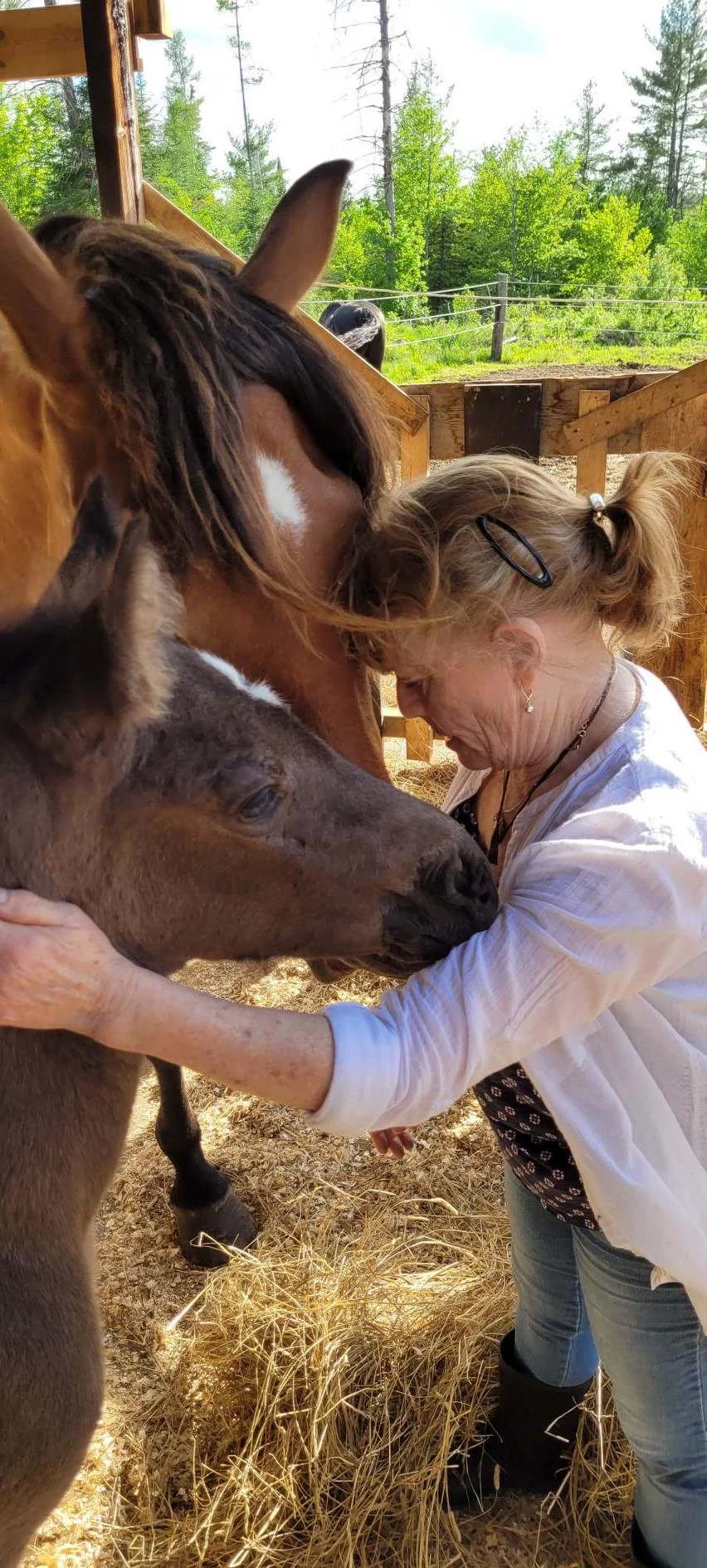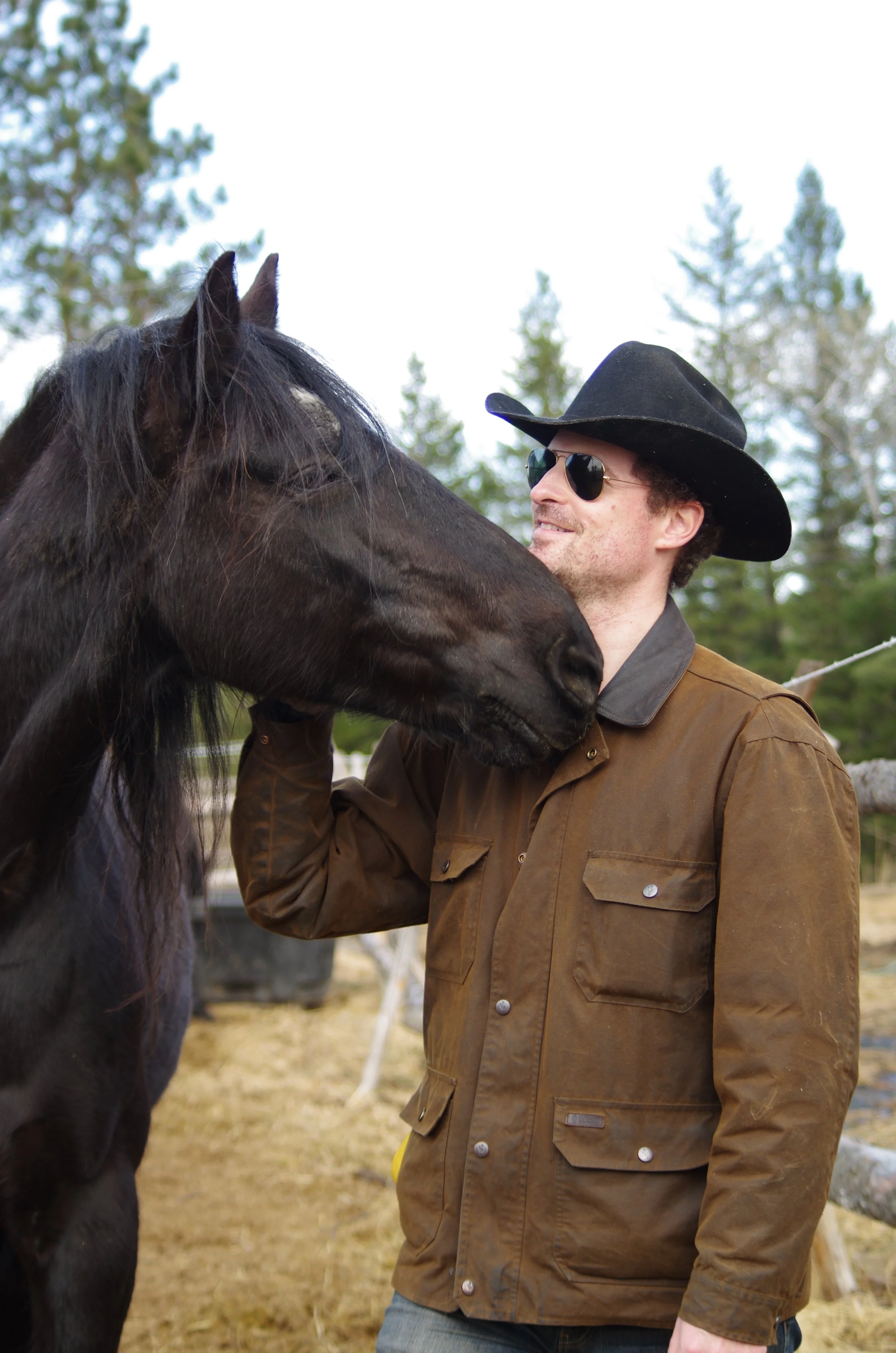Offering Equine Assisted Psychotherapy
A passionate equestrian since the age of seven, Sol strongly believes that horses are healing. If you are interested in hosting and in need of a mental health professional on your team, please reach out to Sol.
Healing, Connection & Growth — Through the Power of Horses
Equine Therapy for Veterans, First Responders, Families, and Individuals
At Horses for the Soul, we offer Equine Therapy as a unique, powerful path to emotional well-being for veterans, families, and individuals of all backgrounds. Whether you're healing from trauma, navigating family challenges, or simply seeking peace and balance, our horse-assisted sessions provide a safe, supportive space to reconnect — with yourself and your loved ones.
Support for Veterans, first responders, Families & More
Whether you're a veteran adjusting to civilian life, a parent seeking connection with your child, or an individual navigating emotional challenges — Equine Therapy can meet you where you are.
We work with:
Military veterans and their families
Children, teens, and parents facing behavioral or emotional difficulties
Couples and families seeking deeper connection
Individuals dealing with grief, trauma, or burnout
What Is Equine Therapy?
Equine Therapy (also known as equine-assisted therapy) involves guided interactions with horses, supported by professional therapists and trained equine specialists. Horses help us slow down, become present, and access deep emotional insights — all without judgment or pressure.
You don’t need to ride or have any horse experience. Just come as you are.
Why Horses?
Why horses? Because sometimes talking is hard. Horses are naturally sensitive, honest, and aware of human emotions. Their calming presence and immediate feedback make them powerful partners in healing and personal development.
With their help, participants can:
Ease stress, anxiety, depression, and PTSD
Rebuild confidence, trust, and self-worth
Strengthen communication and emotional awareness
Deepen family bonds and understanding
Develop mindfulness and coping skills
What Makes Horses Different from Other Animals?
While the love of a dog or cat can be incredibly comforting, Equine Therapy goes deeper — offering a unique, active partnership that supports emotional awareness, healing, and personal growth in ways that are profoundly different from cuddling with a pet.
Here’s why:
1. Horses Reflect Human Emotions in Real Time
Horses are highly sensitive prey animals that rely on reading body language and energy for survival. This means they can sense subtle emotional shifts — even those we may not be fully aware of ourselves.
When you're anxious, withdrawn, or tense, the horse responds accordingly. When you become calm, grounded, and present, the horse mirrors that too. This immediate, honest feedback helps people recognize and regulate their emotions in a powerful, embodied way.
2. Horses Don’t Judge — But They Do Set Boundaries
Unlike pets who often offer affection no matter our emotional state, horses require us to earn their trust and cooperation. This helps individuals learn how to:
Respect boundaries
Communicate clearly
Be assertive without aggression
Build mutual trust
These lessons naturally carry over into human relationships, making Equine Therapy especially impactful for those working on communication, trauma recovery, or confidence.
3. Horses Are Large, Powerful, and Non-Domesticated
Because horses are large and strong, they naturally command respect and presence. Just standing next to a horse can be an empowering experience. Working with an animal this size requires focus, intention, and trust — which can be transformative for people who feel powerless, anxious, or disconnected.
That sense of mastery and mutual understanding is something most people don’t experience with smaller domestic animals.
4. It’s More Than Comfort — It’s Active, Experiential Therapy
Equine Therapy isn’t about petting or feeding a horse. It’s a guided process involving ground-based activities that reveal patterns in how we connect, cope, and communicate. Sessions often involve a therapist who helps process emotions and insights that arise during the experience.
This experiential approach engages the body and the nervous system — not just the mind — which is especially beneficial for trauma healing, emotional regulation, and stress reduction.
5. Nature, Movement, and Mindfulness
Equine sessions typically take place outdoors, in open, peaceful spaces. Just being in this natural environment adds another layer of healing: fresh air, quiet surroundings, and time away from screens or daily stressors.
The rhythm of working with a horse — walking, grooming, pausing — also promotes mindfulness and helps the body shift out of "fight or flight" and into a more regulated, grounded state.
In Short: Horses Help You Heal From the Inside Out
While pets offer comfort and companionship, Equine Therapy creates space for insight, growth, and lasting change. The horse becomes a mirror, a teacher, and a partner — helping people uncover their strengths and step into deeper emotional balance.
What to Expect
Each session is tailored to your goals and comfort level. Activities may include:
Grooming, leading, and bonding with horses
Ground-based exercises to build trust and awareness
Observing horse behavior as mirrors to our emotions
Guided reflection and support with a licensed therapist
Sessions take place in a peaceful, natural setting — far from the distractions of everyday life.
Why Choose Us?
Compassionate, trauma-informed care
Private, serene farm setting
Sessions for individuals, couples, and families
Inclusive, welcoming environment for all backgrounds
Ready to Begin?
Whether you're healing from trauma, working on family dynamics, or simply seeking a new path to wellness, Equine Therapy can help you move forward with clarity and strength.
If interested in equine therapy sessions, please reach out to Sol to discuss availability and location.
Please note that this does not involve riding horses.


